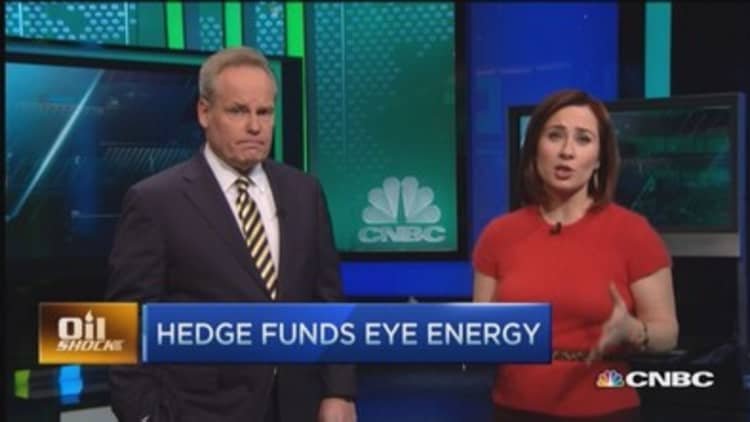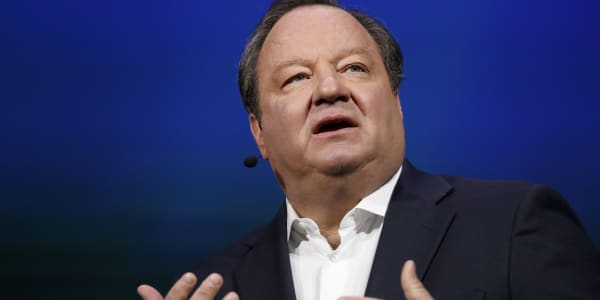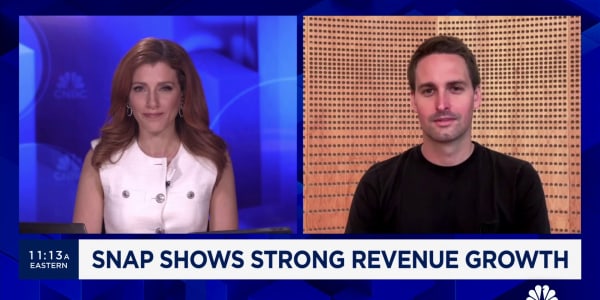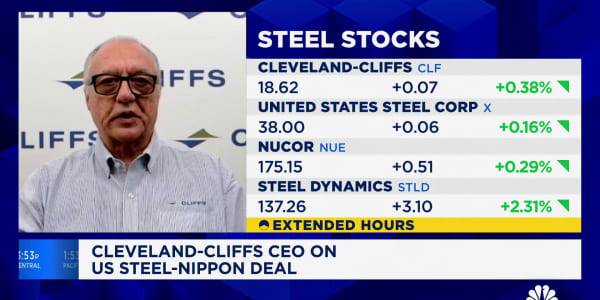Another big hedge fund manager is getting ready to make money on the crash in energy prices.
"For the first time in years, the high-yield selloff has created opportunities to buy sound, albeit leveraged, companies at expected compound returns above 10 percent," DW Partners wrote of the opportunity in the junk bonds of companies in a market outlook for clients.
DW manages about $6 billion in credit-related investments and is led by former Morgan Stanley bond trader David Warren.
Read MoreMeet the hedge fund industry's two big new players
DW urged caution on timing the trade.
"While it seems probable that the sharp decline in oil prices will turn into a broad distressed cycle for high-yield energy companies, it will take time," the firm said in its outlook.
DW noted that oil prices continue to decline because many U.S. shale producers have not yet decreased their output in response. "They see themselves as the low-cost producers, often with high sunk costs in relation to the marginal cost of production," the letter explained.
The letter did not offer any specific bond recommendations, but said the fund had taken "toe-hold positions" in "high-conviction" energy securities.
"We expect leveraged energy companies to require debt restructuring over time," the letter added. DW also said it had hired three investment staffers with energy backgrounds last year to prepare for the opportunity.
DW isn't the only investment firm eyeing energy. Lansdowne Partners, Avenue Capital, Carlson Capital and Blackstone Group's GSO Capital unit are among the shops raising fresh capital to deploy in either long-short energy stock picking, credit investing, or both.

Read MoreBig money looking for hot plays on energy
Some energy-related investments hurt DW last year. The main fund gained about 5.5 percent net of fees in 2014—well below its historic average—in part because of small losses on high-yield energy corporate bonds, according to the letter. The fund was virtually flat in January, according to U.K. investor materials.
DW, founded in 2009, completed a spinoff from U.K.-based hedge fund giant Brevan Howard Asset Management in January. DW already managed the fund investments, but Brevan Howard helped with various operational support. The flagship fund was renamed DW Catalyst from BH Credit Catalysts. New York-based DW has 50 employees, 30 of whom work on investments.
A spokesman for DW declined to comment.






